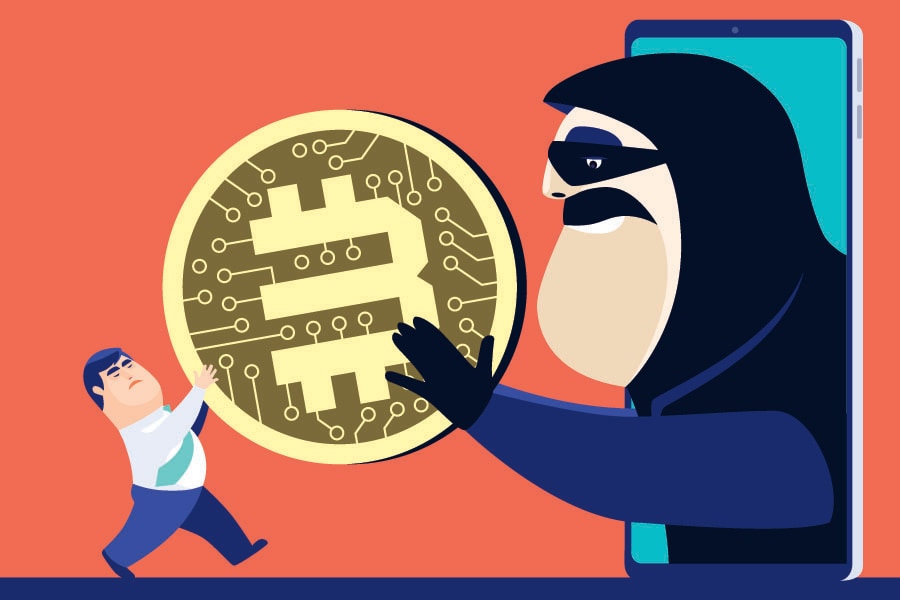
Bitcoin trader laments $70 million loss from incorrect address entry
The FBI reports that scams related to cryptocurrency are increasing, resulting in nearly $4 billion in losses for investors last year
 Image: Shutterstock
Image: Shutterstock
In a concerning incident, a cryptocurrency trader reportedly lost a staggering amount - nearly $70 million - in an "address poisoning" scam. This type of scam is carried out by cybercriminals who create fake versions of their victim's online cryptocurrency addresses. They then send a small amount of currency to the victim's actual address, hoping the trader will accidentally send funds to the fraudulent address in the future.
The individual's cryptocurrency wallet on Coinbase has experienced a significant depletion, with approximately 97 percent of its assets lost. The account's current value stands slightly above $1.6 million.
The public nature of blockchain technology makes it relatively easy for scammers to locate people's cryptocurrency addresses and initiate these spoof transactions as part of their phishing efforts. According to Transak, a crypto trading platform, this tactic is becoming increasingly common as bad actors seek to exploit the decentralized nature of digital assets.
The FBI's 2023 Internet crime report reveals a concerning trend of increasing cryptocurrency-related scams. According to the report, these fraudulent activities resulted in investors losing a substantial $3.94 billion last year, accounting for over three-quarters of the total investment scam losses for the period.
A specific type of scam known as "pig butchering" has emerged, costing investors $75 million between 2020 and 2024. This deceptive scheme typically begins with criminals initiating contact through a misleading text message to establish trust with their targets.





